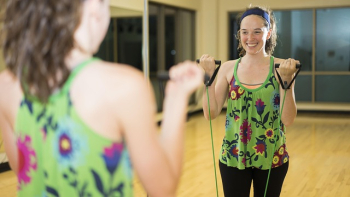
Making An Ageing Society Work For All
Making An Ageing Society Work For All
Making An Ageing Society Work For All
Most Countries Haven't Adapted to Implications of an Ageing Society
The one hundred year life will become very common, challenging the traditional model of life: learning -> work -> retirement.
Our lives will become much more flexible. Learning will take place throughout life. We will work later in life but will also take breaks from work, as well as changing jobs and vocations more often. We will have more time for volunteering and caring. Technology, travel, and home will all change rapidly. We will also live in much more complicated families – with four or five generations, and families extended further due to separation. More of us will live under the same roof with three or more generations of our family.
Despite COVID, these trends will continue. The crisis has reminded us that not everyone will benefit though. The challenge for ageing societies is to ensure that their populations are all able to share in living longer, living healthy longer lives.
Both my parents retired at pensionable age - 60 and 65 respectively, many of their contemporaries retired even earlier. Many had been in the same job for years, and working towards retirement was the norm then. But jobs are no longer for life, and our ambitions have changed.
I have a youthful outlook, I want to keep fit, look after my appearance, and keep my mind active. I believe I still have so much to offer, why waste all that knowledge and experience? It’s also about having a positive mindset towards ageing and the opportunities that living longer brings. It’s within us all to be ‘young at heart’ in the way we live, look, and feel – never forget that ageism starts with ourselves.
However, longevity is closely related to factors like poverty, housing, and income, as well as maintaining healthy lifestyles with everything from exercise to diet.
At my charity, United for All Ages, we believe that bringing different generations together is key to tackling these difficult social and economic issues. Unfortunately, COVID has impacted on social mixing, but many groups have been innovative and continued to share stories and memories virtually.
By older and younger people sharing their concerns and understanding each other’s perspectives, we can reach consensus on the best way to tackle issues that concern us all: from climate change and housing to loneliness and ageism. We can also share and learn from each other’s skills, knowledge, and experiences.
"We need to ensure that the benefits of an ageing society are shared by all, now and going forward."
Denise Burke is Director of United for All Ages and Do Not Age Advisory Board Member.




